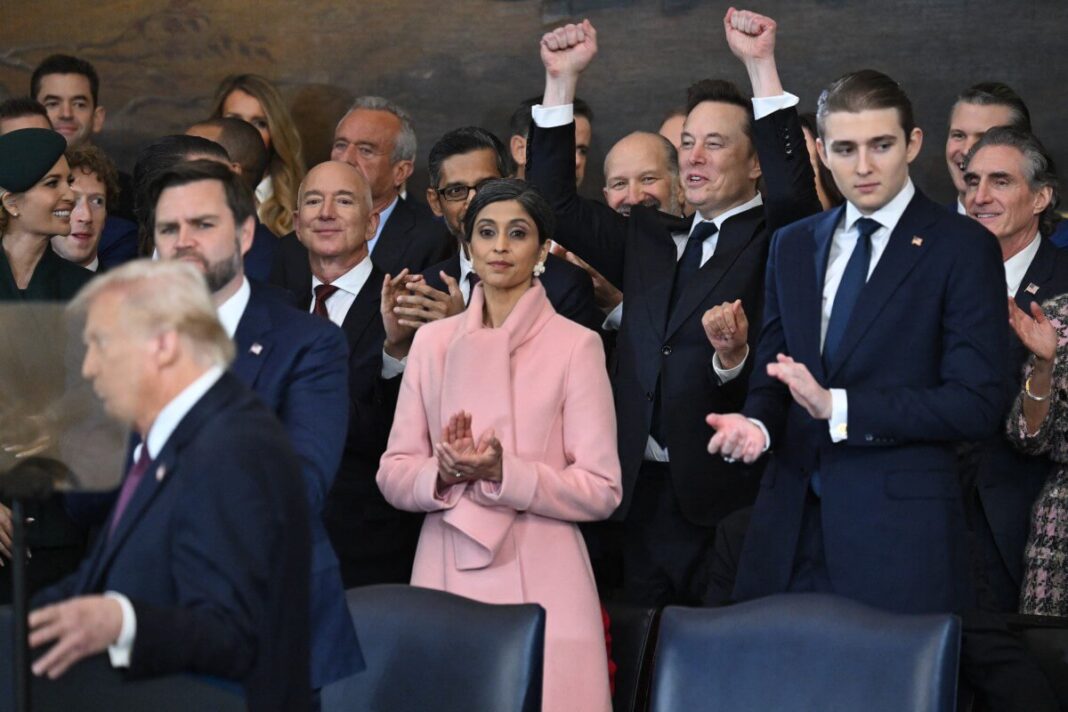Tarık Toros*
We are living through an age of chaos and transformation, where old norms crumble and new realities emerge. The question is no longer whether we will endure this upheaval but how. For Turkish Minute readers, I aim to offer more than a recounting of current events — I seek to explore the deeper forces shaping our world and provide a broader perspective.
This marks the start of a new journey for me, one where I organize years of observation and reflection into a cohesive narrative. Though this is not my first article for Turkish Minute — I published an analysis last year titled “Bluesky: a lifeline for some, a safe haven for others” — the themes I touched on then resonate even more strongly today.
In that piece I examined the seismic shifts in how we consume media and information. Traditional outlets have been overshadowed by digital platforms, and the entertainment industry has undergone a parallel transformation. While awareness of data privacy and censorship has grown, so too has the monopolization of digital spaces. Social media, once a beacon of open dialogue, now grapples with government restrictions, bureaucratic obstacles and the overwhelming influence of corporate power.
These trends highlight a larger truth: Controlling traditional media is no longer sufficient for those in power. From China to Russia, authoritarian regimes impose draconian bans on platforms like X and YouTube. But what’s more troubling is the creeping rise of similar restrictions in the West. The reason? Control. Communication platforms that threaten political or economic interests are swiftly subdued. This is not a new phenomenon but an enduring strategy to safeguard power.
The collapse of the old order
The global order forged in the aftermath of World War II has unraveled. Democracy, human rights and international norms have been hollowed out, their promises betrayed by hypocrisy and selective enforcement. The West’s humanitarian response to Russia’s invasion of Ukraine stands in stark contrast to its indifference — or worse, complicity — in the humanitarian crisis in Gaza. This inconsistency exposes a decaying commitment to universal values.
Meanwhile, the tech giants of Silicon Valley have adapted to this new reality, wielding unprecedented influence over political and social structures. Elon Musk’s $44 billion purchase of Twitter, far from a simple business deal, was a calculated move to shape political discourse ahead of Donald Trump’s campaign. Technology — whether through artificial intelligence, cryptocurrency, or social media — has become a cornerstone of the emerging global order.
But this order is one where checks and balances have eroded. Autocrats around the world have dismantled judicial independence and neutered democratic institutions. The principles that defined previous generations have been cast aside, leaving societies adrift and searching for new meaning.
Redefining values in a new world
We stand on the precipice of an uncertain future. The principles of press freedom, human rights and the rule of law will be reshaped in ways we cannot yet foresee. Yet amid this turmoil, one constant remains: human dignity.
As journalists, our mission transcends technology and platforms. It is rooted in an unwavering commitment to truth and to defending the dignity of those who have been silenced, forgotten or oppressed. This is not just a professional obligation but a moral imperative — a debt we owe to history.
In this chaotic age, raising our voices against centers of power is not enough. We must also become the voice of the voiceless. This determination to uphold truth and dignity is the most enduring legacy we can leave for future generations. It is the brightest light guiding us through the darkness, and it is our only path forward in a fractured world.
*Tarık Toros is a well-known journalist and political commentator currently living in exile in the UK. He was formerly the editor-in-chief of Bugün TV, which was seized by the Turkish government in 2015 and subsequently closed down. Toros co-founded MoonStar TV, a YouTube platform dedicated to providing independent journalism for Turkish-speaking audiences. Through his personal channel and other platforms, he analyzes political developments, governance and social issues in Turkey.


